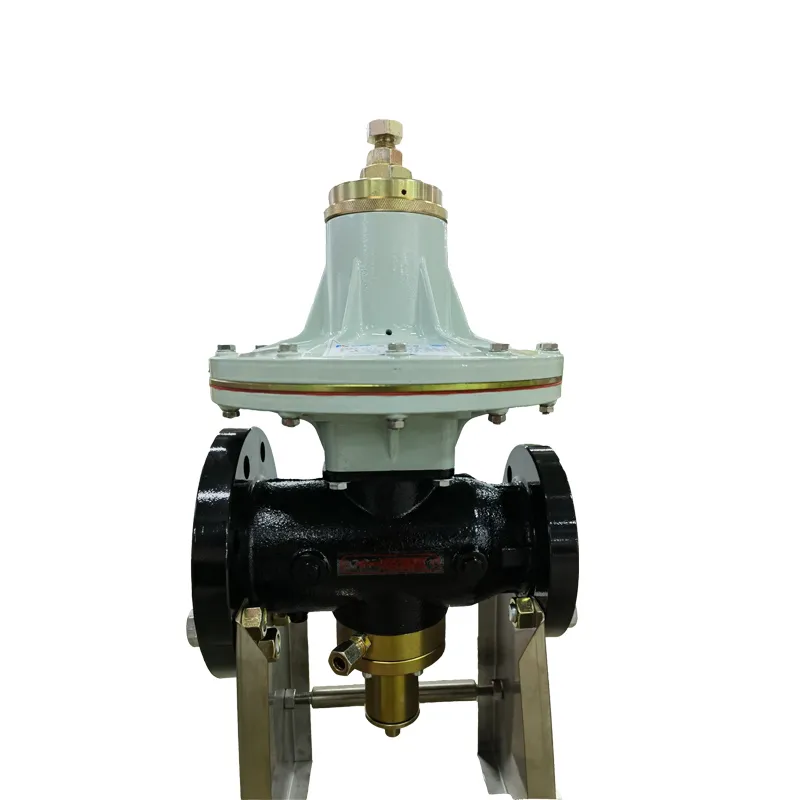
Dec . 21, 2024 12:13
Back to list
الغاز الطبيعي المضغوط
Compressed Natural Gas A Sustainable Future for Transportation
Compressed Natural Gas (CNG) has emerged as a viable alternative to traditional fossil fuels in the transportation sector, particularly for light-duty vehicles, buses, and heavy trucks. Natural gas is primarily composed of methane, which burns cleaner than gasoline or diesel, producing fewer emissions of harmful pollutants and greenhouse gases. As concerns about air quality and climate change continue to grow, CNG offers a compelling solution for those seeking to reduce their environmental footprint while still enjoying the convenience of modern transportation.
What is Compressed Natural Gas?
CNG is natural gas that has been compressed to less than 1% of its volume at standard atmospheric pressure. This compression makes it easier to store and transport. CNG is stored in high-pressure cylinders in vehicles and can be easily dispensed at specialized fueling stations. The infrastructure for CNG is growing, with more stations being built across various regions, making it increasingly convenient for drivers to switch to this cleaner fuel option.
Environmental Benefits
One of the primary advantages of CNG is its lower environmental impact compared to traditional fuels. When burned, CNG produces significantly lower levels of carbon dioxide (CO2), nitrogen oxides (NOx), and particulate matter (PM). This reduction in emissions contributes to improved air quality, particularly in urban areas where transportation is a major source of pollution. Transitioning to CNG can help mitigate the adverse effects of climate change, as natural gas is cleaner than other fossil fuels.
Moreover, CNG vehicles can help reduce dependence on oil, promoting energy security. By diversifying the energy sources used for transportation, countries can buffer themselves from volatile oil markets and enhance their economic stability.
.
From an economic standpoint, CNG often presents a cost-effective alternative to gasoline and diesel. The price of natural gas tends to be lower and less volatile than oil prices, leading to potential savings for fleet operators and individual consumers alike. Furthermore, many governments offer incentives for transitioning to CNG vehicles, including tax credits, rebates, and grants, making it financially attractive for businesses to invest in CNG technologies.
الغاز الطبيعي المضغوط

Additionally, the operational costs associated with CNG vehicles can be lower, thanks to reduced maintenance expenses and longer engine life. Since CNG combustion produces fewer residues than diesel, engines tend to operate more efficiently for longer periods between maintenance checks.
Challenges and Limitations
Despite its advantages, the widespread adoption of CNG is not without challenges. One of the main hurdles is the existing fueling infrastructure. While the number of CNG stations is increasing, it is still limited in certain regions, which can deter potential users. Prospective buyers often hesitate to invest in CNG vehicles due to concerns about the availability of refueling options.
Another limitation is the energy density of CNG compared to gasoline or diesel, which means that CNG vehicles may require larger fuel tanks or more frequent refueling, especially for long-haul transportation. However, advancements in technology are continually improving storage solutions and efficiency.
The Future of CNG
The future of Compressed Natural Gas in transportation looks promising as technology advances and the need for cleaner energy sources becomes more pressing. Innovations in CNG vehicle design, fuel station infrastructure, and government policies will determine the trajectory of this alternative fuel in the coming years.
As countries seek to meet their climate goals and improve air quality, CNG may play an increasingly vital role in creating a more sustainable transportation system. The transition to cleaner fuels like CNG is essential for ensuring a healthier planet and a more sustainable future for generations to come.
In conclusion, while challenges remain, the benefits of Compressed Natural Gas as a clean and cost-effective fuel source position it as an essential component in the development of sustainable transportation solutions. As the world embraces the need for greener solutions, CNG is poised to make a significant impact in shaping the future of mobility.
Latest news
-
Safety Valve Spring-Loaded Design Overpressure ProtectionNewsJul.25,2025
-
Precision Voltage Regulator AC5 Accuracy Grade PerformanceNewsJul.25,2025
-
Natural Gas Pressure Regulating Skid Industrial Pipeline ApplicationsNewsJul.25,2025
-
Natural Gas Filter Stainless Steel Mesh Element DesignNewsJul.25,2025
-
Gas Pressure Regulator Valve Direct-Acting Spring-Loaded DesignNewsJul.25,2025
-
Decompression Equipment Multi-Stage Heat Exchange System DesignNewsJul.25,2025

